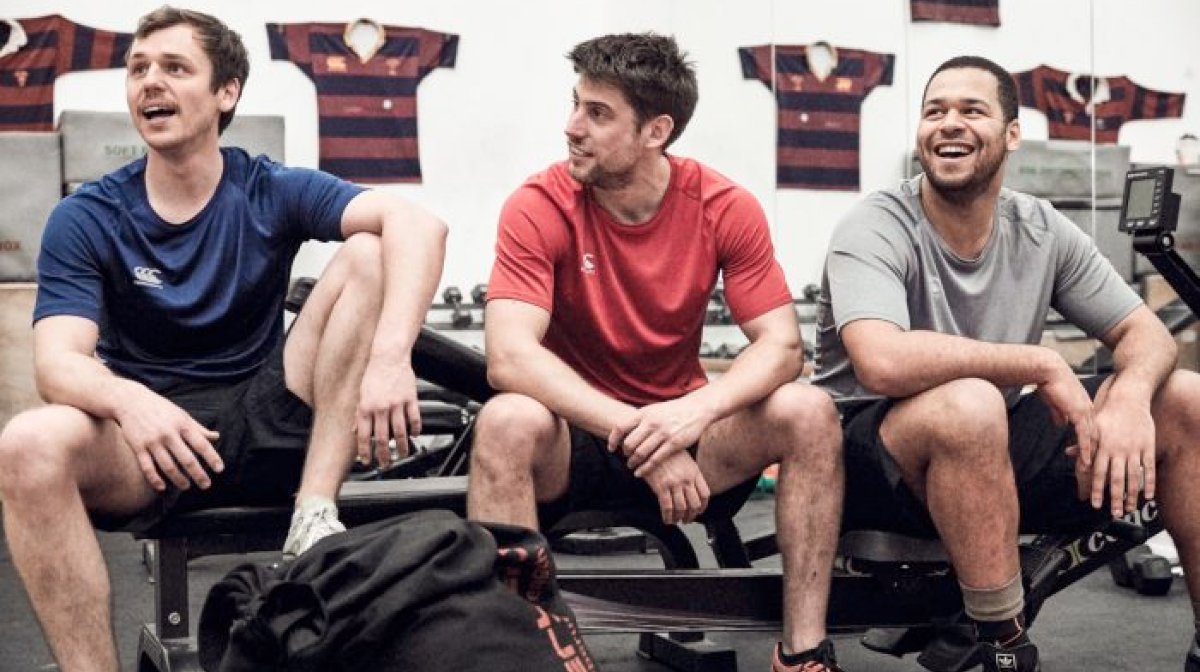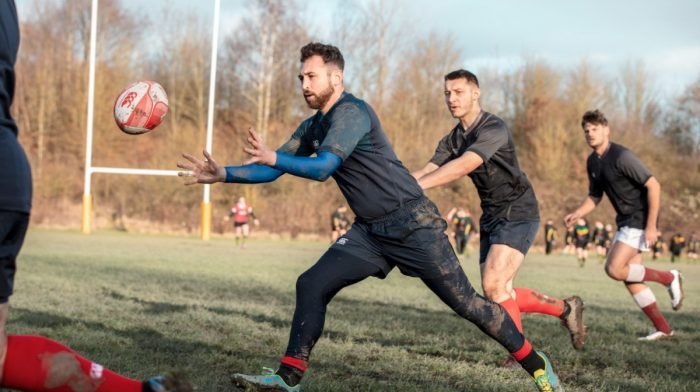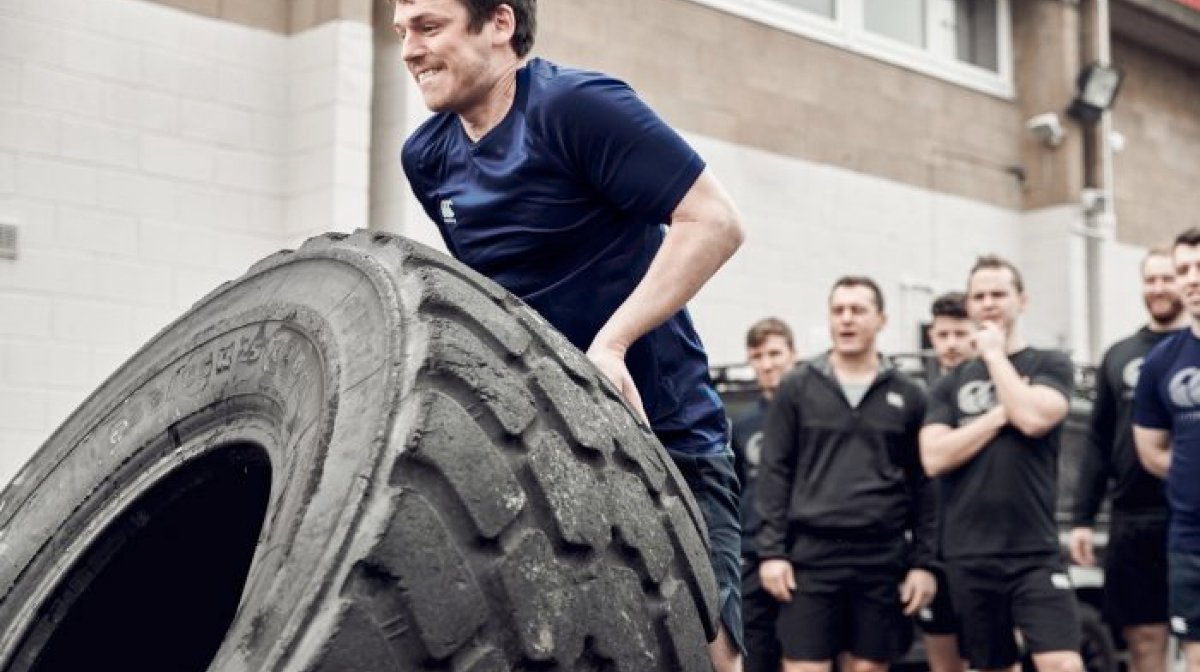The brain is the body’s strongest muscle, one that you can train in the same way as others, to prepare yourself to go the extra mile physically. Mental preparation is as important to you as a competitive rugby player as building your speed, strength and stamina – it’s your mind that will give the orders to your body to find that extra last burst of energy, for example, when you’re nearing the end of the 80 minutes. Be aware that the mind is always one step ahead of the body.

Pre-workout brain-training
It is best to start your workouts by banishing any unwanted thoughts that take your attention away from the training to come. Work on your mental toughness.
Find a comfortable place to sit, close your eyes and mouth, and then focus on your breathing, and the movements of your diaphragm and abdomen. Do this for a few minutes.
When properly rested, visualise what you will do in the training session to come – perform each exercise in your mind and how you will achieve your goals.
No pain, no gain
The point at which your brain says ‘No more’ actually heralds the start of the most productive period of your training. When your breathing becomes a struggle, your muscles are burning and your heart rate is nearing its maximum – that is when your mind should be conditioned to kick on. It’s all about developing that rugby mentality to combat non-threatening pain.
Visualise how in control you are of the weight that you’re lifting, so that your brain is fooled into thinking you’ve done the lift before. Feel the barbell in your hands and focus on your breathing, pushing any pain to the background, unless injury awaits you. You have pushed through barriers to be in the gain zone, so don’t let your mind-set let you down.
Accentuate the positive
Building confidence and fresh motivation is key to meeting the psychological demands of rugby. Mental preparation will help you break through the point where your body says, “This is hurting – I want to lie down for a bit”.
Think instead that the sensation is a sign that you are getting healthier and at the absolute peak of your physical improvement. See it as effort level, not pain or discomfort. You are achieving the goals you set yourself before your workout.
Bite-sized goals
You should make it a habit of your rugby mental preparation to break down your targets into small, manageable parts. Always train in the present – think about the section of the workout you’re in, not what is to come, since your final time, distance and so on will take care of itself.
Concentrate on your pacing and your breathing, using the latter to expel unwanted thought with every exhalation. Your mind will store these training memories and achieved goals for when you need fresh motivation on the pitch.

The three Ms – motivation, motivation, motivation
It is your rugby mental toughness that will get you out of bed at the break of dawn to do laps of the local park – self-motivation and physical conditioning go hand in hand. Remember that every workout is increasing your ability to meet the physical and psychological demands of rugby.
You won’t gain any advantage over your competitors by staying in bed, no matter how important rest is. Motivate yourself by focusing on the rewards you’ll gain from this physical and mental preparation.
Remind yourself of the achievements of your favourite player, all possible because he put the hours in and had the right rugby mentality. Visualise winning a game because you went on that 6am run.
Fear of the unknown
Training your brain in emergency conditioning will give you psychological strength in times of crisis. Visualisation will allow you to “battle-proof” your mind for game situations.
It is an incredible advantage to feel that you have been in a hairy situation before, when in fact you haven’t, so always imagine the game to come in deep and vivid detail, and ask yourself how you would cope for example in a collapsed maul – what skillsets would you require? Which muscles would you use to free yourself?
Saracens always recall that it is because of all the hurt and heartache their team has suffered that makes them the force they are today.
As you train, build up a mental library of various scenarios in which your rugby physical conditioning will prove invaluable. Your mental preparation comes just a nanosecond behind.









